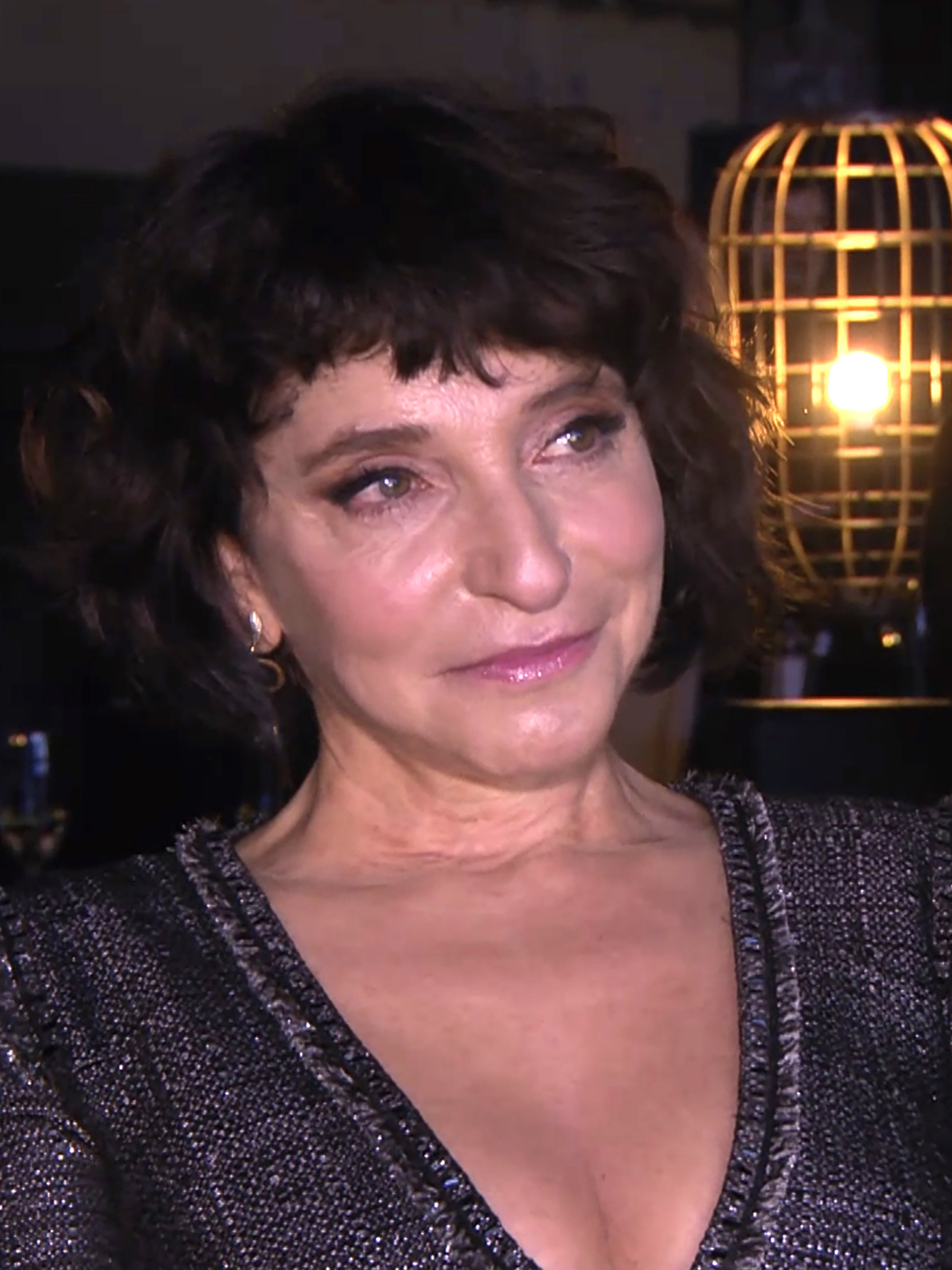
- Industry
Susanne Bier’s Effortless Feminism
Danish filmmaker Susanne Bier is one of the most successful and renowned directors of our time. She won the Best Picture: Non-English Language Golden Globe for her 2010 film In A Better World (Haeven), and many other accolades while working on films and series such as Brothers, After the Wedding, Things We Lost in the Fire, Serena, and Bird Box. Earlier this month, Bier sat down with Irish director Neasa Hardiman (Sea Fever, Happy Valley, and Inhumans) for a special Virgin Media Dublin International Film Festival Director’s Masterclass and some of that discussion is captured here.
Bier shared that she studied architecture before switching to film and that she sees this as something that gives her a unique insight into filmmaking. “Understanding the character of the blueprint – which is how an architect works and how a designer works –– is a mix of a lot of practical solutions but, also, a lot of aesthetic solutions. Understanding the nature of that has given me a sense of overview that is so incredibly valuable.”
Though Bier came out of the Danish film school scene in the 90s, she didn’t always feel connected to the European way of telling stories for the screen. “I haven’t been considered part of the, how do you say?, finer society in Europe. I’ve been too commercial. I want to tell stories that audiences get and are intrigued by. I don’t care for movies that don’t have that. I don’t enjoy storytelling which has an entrenched arrogance and which is not respectful of being understood. I do fall in love with very complicated, narrow stuff, and get very excited about watching it. But that’s not the same as arrogance. Some artists can be incredibly sophisticated but that doesn’t mean that they’re arrogant. Personally, the way I work is pretty commercial. Or broad. Or whatever.”
Many commercial and award-winning directors of all nationalities feel this dissonance but Bier acknowledged the differences in funding that may lead to the aforementioned cultural variances: “In Europe, because we are an art funded film industry, the commercial pressures are completely different. The way they’re treated is completely different.”
The celebrated director also discussed her transition to TV, stating “In the last 10 years, television has been, if not more exciting than, at least as exciting as the best movies around. I was curious about that. After The Night Manager [for which she won multiple Golden Globes, Emmys and BAFTAs], I got very excited about the long format, about ‘Hey, I’ve now got six hours to turn a movie in, as opposed to two hours. Wow, that’s interesting.’”
TV stuck in Bier’s bones as she went on to work on HBO’s popular series The Undoing, starring Golden Globe Winner Nicole Kidman and Golden Globe Nominee Hugh Grant. Recently, she wrapped the upcoming Showtime series The First Lady, starring three Golden Globe Winners Viola Davis, Michelle Pfeiffer, and Gillian Anderson. They play Michelle Obama, Betty Ford, and Eleanor Roosevelt, respectively.
During their Masterclass session, Bier and Hardiman considered the underlying feminism in some of Bier’s work, notably in Netflix’s Bird Box, in which the white female protagonist is paired with a younger, Black partner without any fanfare. “I’ve gotten a number of scripts [where] you have a couple who are supposed to be the same age. Then, you have a conversation with the studio executive and all the actors you name for the female part they go ‘No, no, no. She’s too old.’ Because she’s the same age, as opposed to being 20 years younger. I just got so fed up with it,” she said.
Bier’s trademark storytelling is why so much of her work creates a buzz. “[Bird Box is], essentially, a story about motherhood,” she said. “I think the reason why [Golden Globe Winner] Sandra Bullock wanted to do it was because of that. It was, also, the reason why I wanted to do it. There was a proper, substantial and emotional substance to it. That’s why it became so hugely successful.” Bier’s The First Lady is set to premiere on Showtime on April 17.

